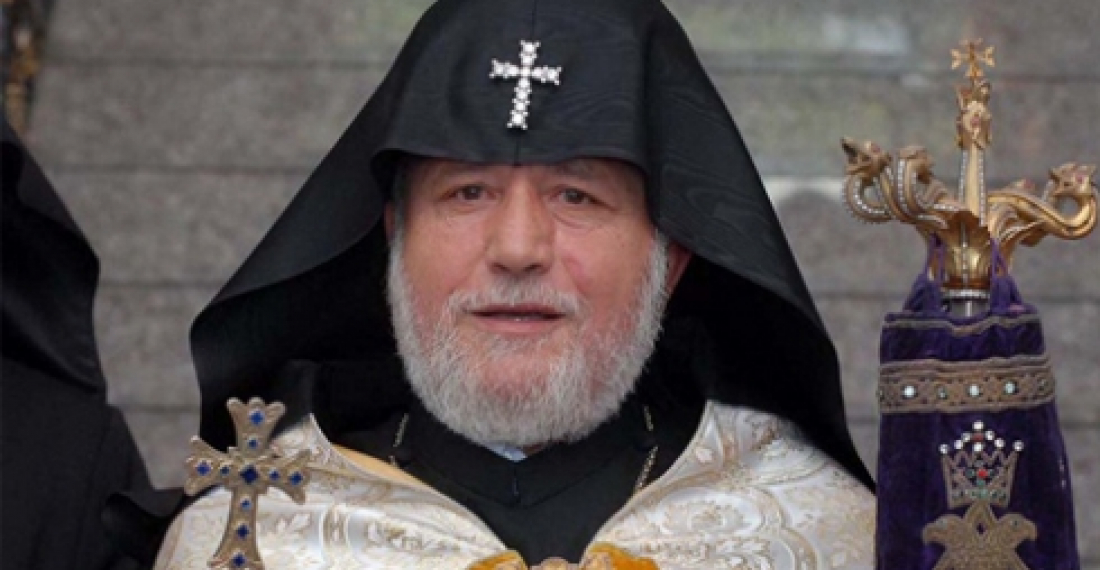In their joint statement after a meeting in Yerevan on Monday Catholicos of All Armenian Karekin II, Patriarch of Moscow and All Russia Kirill and Grand Mufti of the Caucasus Sheikh-ul-islam Haji Allahshukur Pashazadeh expressed support for the efforts to peacefully settle the Nagorno-Karabakh conflict.
On behalf of his Armenian and Azeri counterparts, Kirill said that the conflict must be solved peacefully.
Besides the earlier agreement on exchange of POWs, the religious leaders have agreed to call for the withdrawal of snipers from the contact line in Nagorno-Karabakh.
The withdrawal of snipers is one of the key issues of the current stage of the Nagorno-Karabakh peace talks. The Armenian party and the OSCE co-chairs keep advocating this measure but Azerbaijan keeps violating the cease fire regime.







